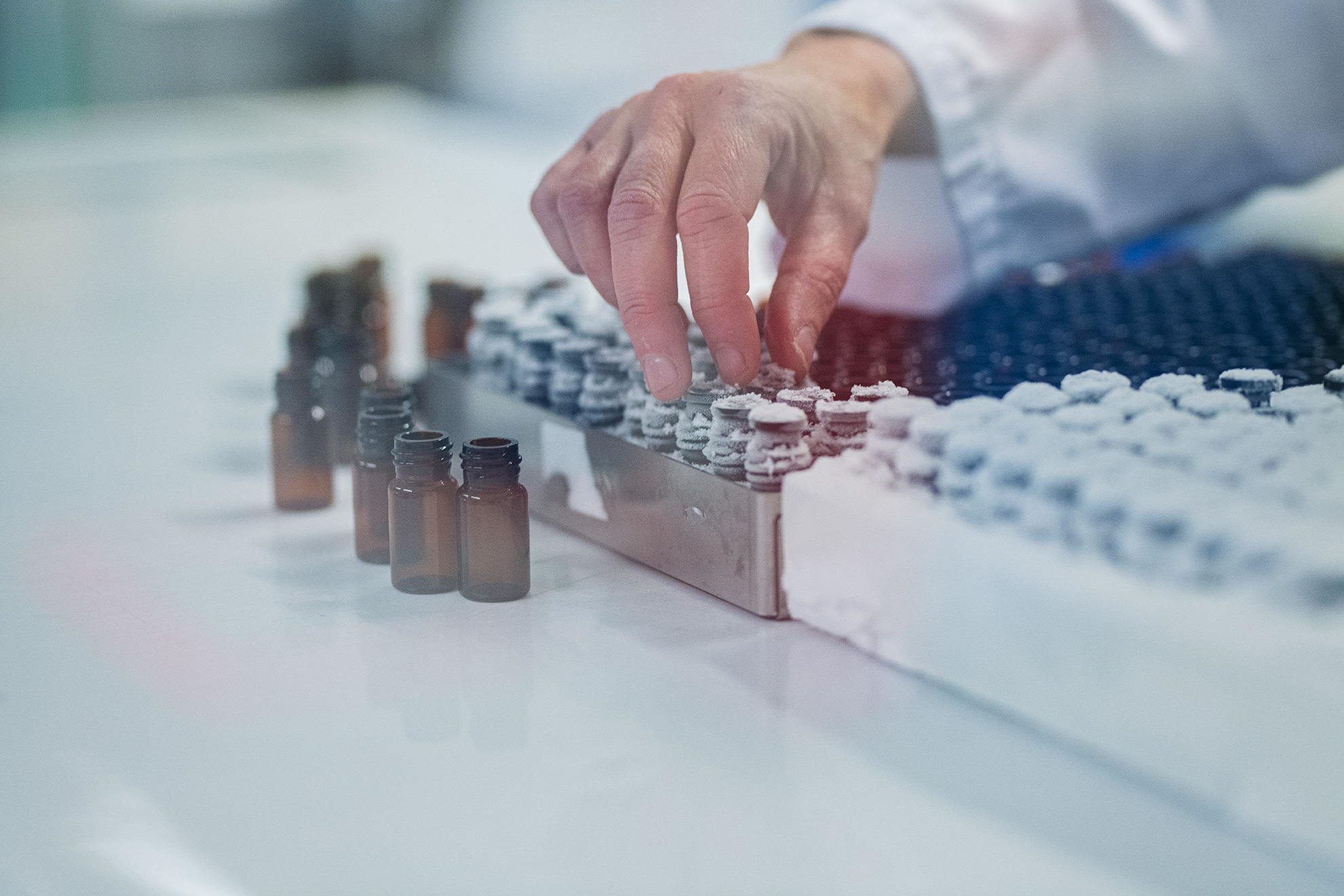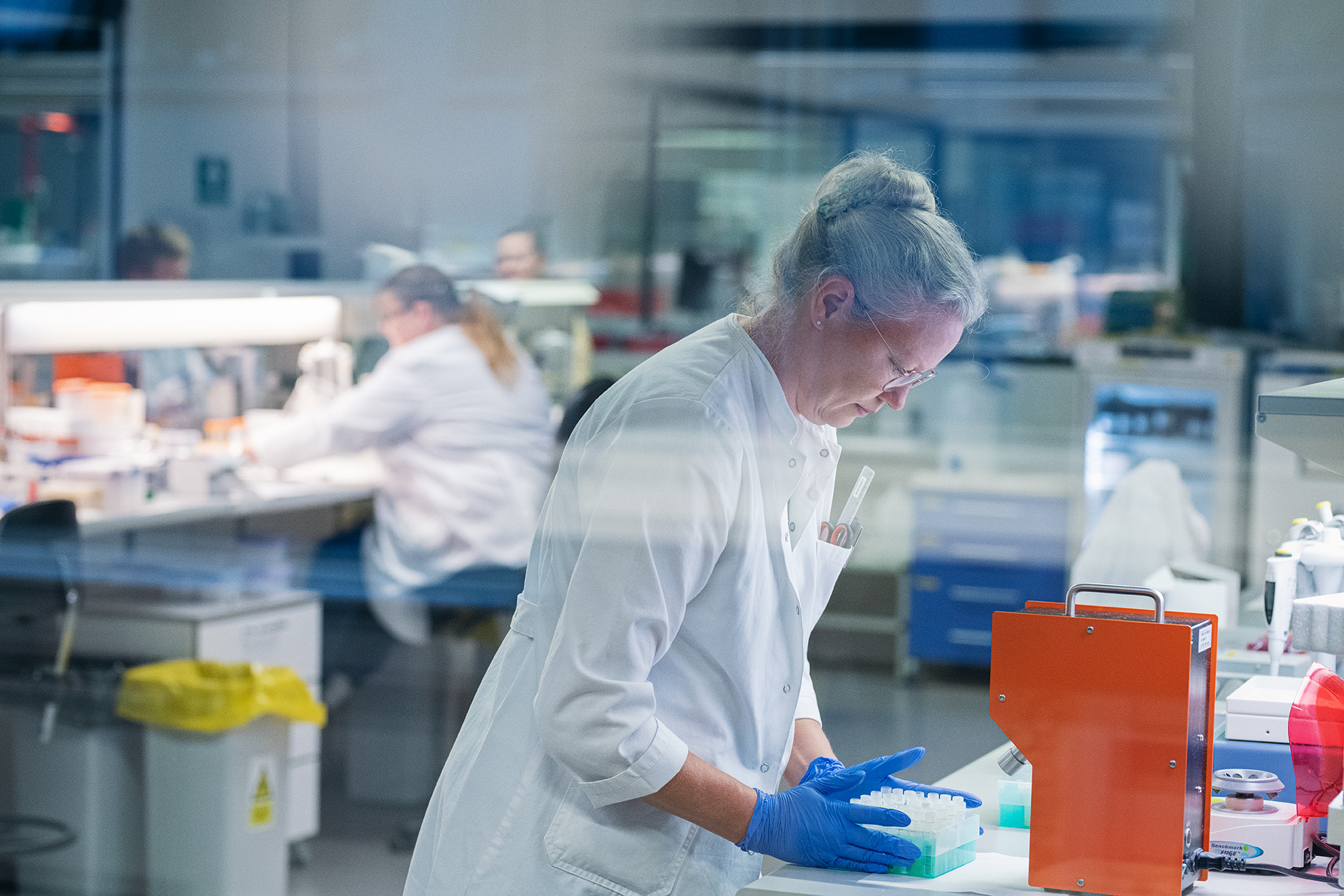Markers of Collagen Formation and Degradation in Serum and Pancreatic Fluid Collections in Patients With Acute and Chronic Pancreatitis.
Abstract
OBJECTIVES
Current knowledge on the fibro-inflammatory process underlying chronic pancreatitis originates from animal studies or human studies based on circulating biomarkers. To provide new insight into the underlying fibro-inflammatory processes, we simultaneously assessed fibrosis biomarkers in pancreatic fluid collections and the systemic circulation.
MATERIALS AND METHODS
This prospective observational cross-sectional study included patients with acute and chronic pancreatitis undergoing drainage of pancreatic fluid collections, as well as 20 healthy controls (only serum levels). PRO-C3, PRO-C11 and PRO-C19 (markers of collagen formation), and C3M and C4M (markers of collagen degradation) were evaluated for both compartments (serum and fluid collection).
RESULTS
Forty-three patients were included: 26 with walled-off necrosis and 17 with pseudocyst. Serum levels of all 5 fibrosis biomarkers were elevated in patients as compared to controls (all P < 0.001). PRO-C3 levels were significantly higher in pancreatic fluid vs serum (280.6 vs 20.8 ng/mL, P < 0.001). In contrast, levels of C3M (20.5 vs 13.1 ng/mL, P = 0.003), PRO-C19 (64.9 vs 14.3 nM, P < 0.001), and C4M (55.6 vs 20.4 ng/mL, P < 0.001) were significantly higher in serum vs pancreatic fluid.
CONCLUSIONS
The high serum levels in patients suggest increased overall fibrotic activity in pancreatitis patients as compared to healthy controls. PRO-C3 elicited higher levels in the pancreatic fluid, indicating localized fibrotic activity.



